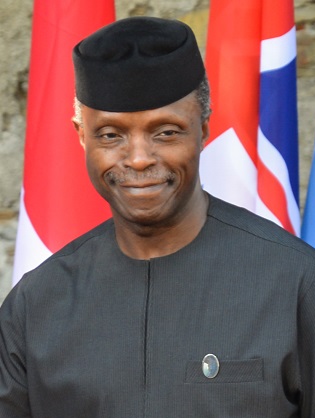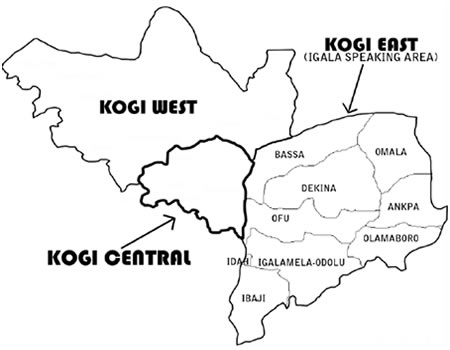Debt-servicing may affect COVID-19 financing in 2022
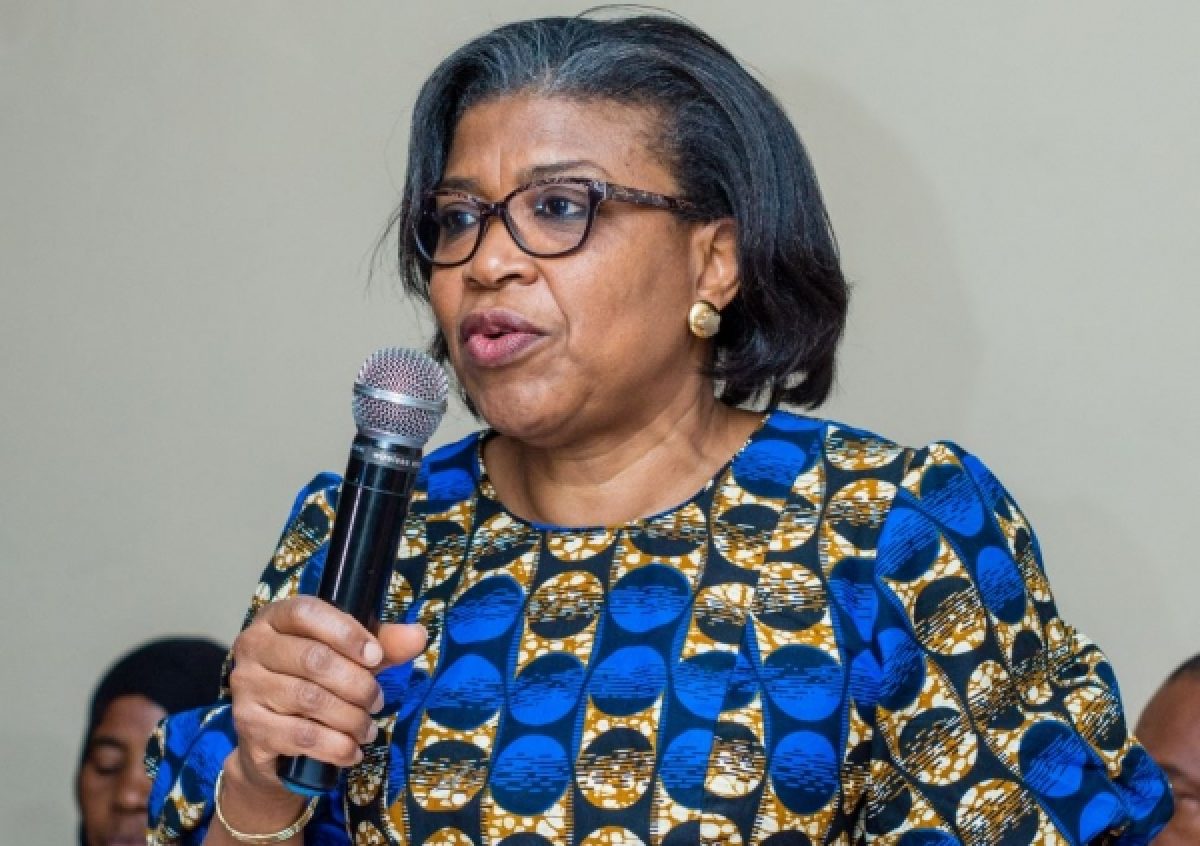
By Theophilus Abbah and Daniel Adaji
Capital expenditure for COVID-19 in Nigeria’s 2022 annual budget looks slow to be released, 10 months into the year, data from the Open Treasury Portal (OTP) suggests.
The OTP is a repository of the Federal Government’s expenditure. It shows that the last release for capital expenditure for COVID-19 was in September 2021.
Data about financial releases for capital expenditue for COVID-19 for 2022 were not available on the portal, and there was no explanation for it, though the portal contains releases for capital expenditures for other government agencies..
The latest data on the portal about capital expenditure released to the Nigerian Centre for Disease Control (NCDC) and other agencies fighting the pandemic in 2021, are as shown in the table below.
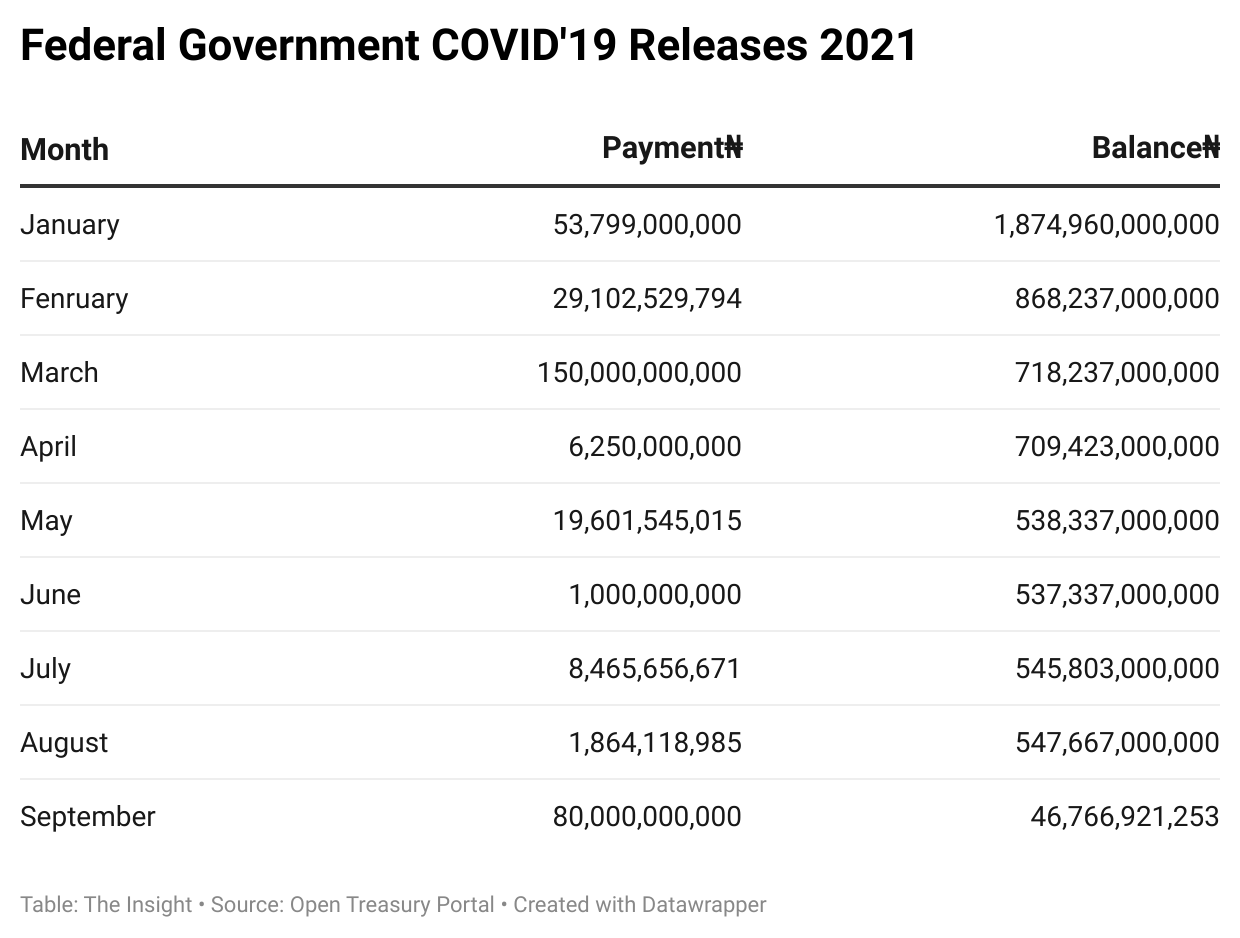
Research conducted by Sadiak Onikosi-Aliyu on the impact of Nigeria’s external debts on the funding for COVID-19 shows that much of the resources used for the management of the pandemic was aid from multilateral organizations.
Such funding includes the provision of more vaccines to inoculate the population against the virus, campaigns for awareness about COVID-19 protocol, and to support the implementation of the protocol.
The pressure to service Nigeria’s debt may have affected government’s enthusiasm to spend funds budgeted for tackling COVID-19.
The pandemic also unfavorably coincided with a fall in the price of crude oil, which the Nigerian government relies upon for revenue.
In the midst of the pandemic, the country’s debt profile has kept rising
The report adds that “To cushion the effect of the pandemic, Nigeria’s government came up with different fiscal and monetary policies through massive stimulus packages for her citizens, such as health costs, COVID-19 test kits, stimulus packages for business and households in 2020.”
These drained a lot of resources from government.
The COVID-19 pandemic was declared a public health emergency by the World Health Orgnisation on January 23, 2020. The global health body advised all countries to take proactive measures to curb further spread of the infection and share data with WHO.
According to a Brookings publication, the Nigerian government has taken numerous health, social and economic measures to cushion the impact of the pandemic.
However, some of the policy responses have weaknesses, and if taken together they are not commensurate with the magnitude of the problem.
NCDC data showed increases in confirmed cases of COVID-19
As at October, 2022, the NCDC data showed increases in confirmed cases of COVID-19 and warned of a new wave of the COVID-19 virus..From 15th to 21st October 2022, 106 new confirmed cases were recorded in Nigeria. To date, 266,043 cases have been confirmed, 259,388 cases have been discharged and 3,155 deaths have been recorded in 36 states and the Federal Capital Territory
This is despite the fact that testing for the virus is limited mainly to Nigerians who intend to embark on international travels. Calls for routine tests for the virus have not yielded positive results. Data from The ONE Campaign shows that as of October 28, 2022, only about 26.1 percent of the 210 million population has been vaccinated against COVID-19. In 2022, the country received $76,011million in external aid to tackle the virus.
In the midst of the pandemic, the country’s debt profile has kept rising and this has affected the capacity of government to render social services.
Data from ONE Campaign shows that Nigeria’s debt servicing (interest plus principal payments) was US$2.37 billion in 2021, which was 76 per cent of revenue. The World Bank projects that in 2022, the percentage of debt servicing to revenue could be as high as 102 per cent.
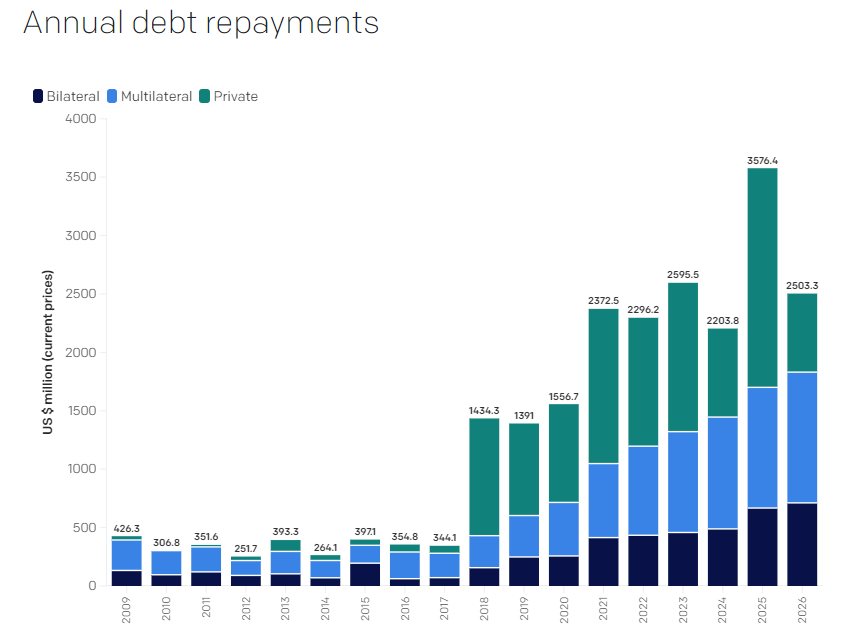
How debt affects provision of social service
Dr Onuche Unekwu, an Economist and Head of Agricultural Economics Department, University of Africa, Bayelsa State, explained that “Debt itself is not bad. The richest of men and nations are most times the most indebted, but they make good use of the credit they access by developing projects.”
Ideally, the projects for which loans have been taken would begin to yield some returns from which government would pay back the loans.
Nigeria borrows to consume rather than for economic development
Dr Onuche decried the pattern in which Nigeria spent borrowed funds. He said “Nigeria borrows to consume rather than for economic development,” which makes it more difficult to raise adequate revenue to pay down the loans.
Onuche further said “a sad example of how Nigeria mismanages credit is in the railway sector. Government borrowed so much from China to procure the trains and run as a business. But the business is running at a loss.”
A a study conducted by the World Bank shows that debt to GDP ratio that exceeds 77 per cent for an extended period of time may result in an adverse impact on economic growth. This implies that the Nigerian debt-to-GDP ratio of 37 per cent is tenable.
However, Laoye Jaiyeola, Chief Executive Officer of the National Economic Summit Group (NESG), said that, though Nigeria’s debt to GDP ratio could be considered low, the revenue that went into debt servicing was still high.
Mr Jaiyeola opined that expending over 70 per cent of national revenue on debt servicing, as presently done by the Nigerian government, was not sustainable.
He urged the federal government to adopt tough but necessary policy choices in order to improve on its revenue and reduce its dependence on foreign and local loans to fund budget deficit.”
As more revenue is deployed for debt servicing, critical areas like health and tackling COVID-19 pandemic would not be considered as priorities.
The Insight Report
Nigeria Coverage

